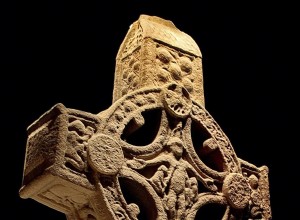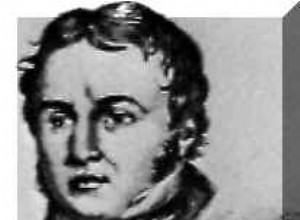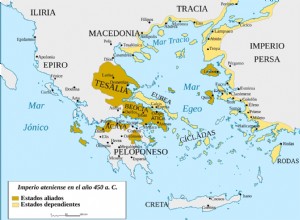Focusing more specifically on the arrival of the Vikings in Ireland and its relations with the local Gaelic peoples also seem of little importance if we compare them with its great adventures in Iceland and the North Atlantic, in England and the West, and of course in the East, at the hands of the V




